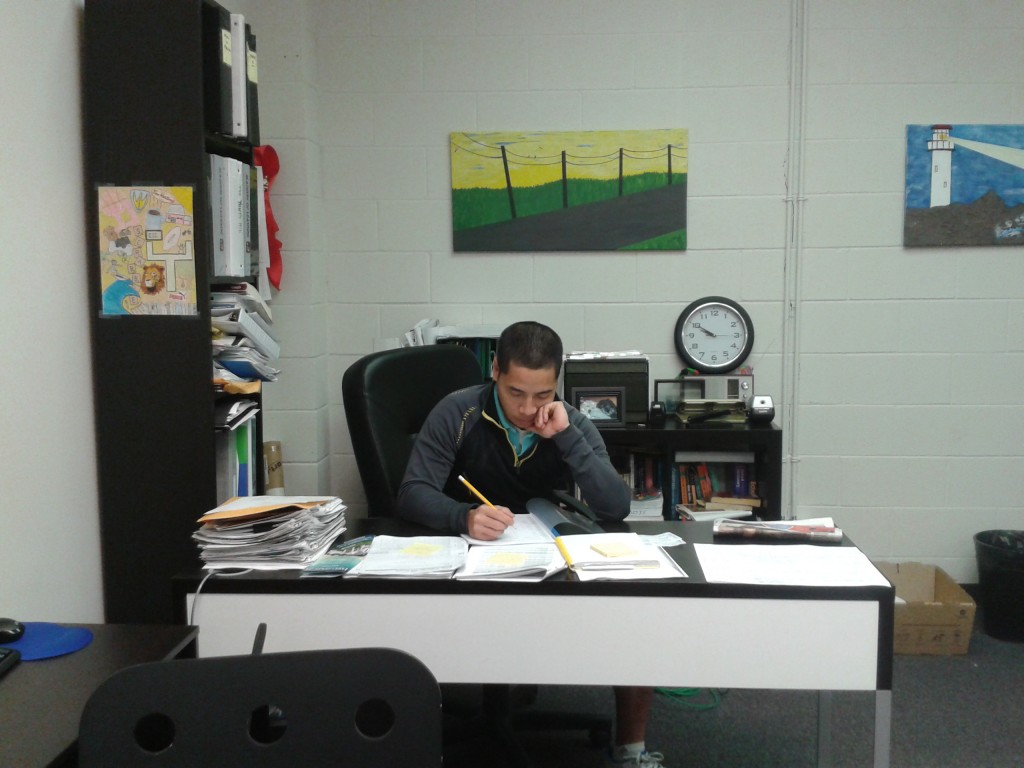“I’ve learned that people will forget what you said, people will forget what you did, but people will never forget how you made them feel.”
– Maya Angelou
I have adopted the above statement as part of my educational philosophy in my interactions with students in the classroom. Students will not remember exactly what they did in their third, fourth or even eleventh class of the school year, but they will remember a compliment I give to them in front of the class. “So it makes sense that developing positive teacher-student relations is one of the most effective steps you can take to establish a positive discipline climate in the classroom (Boynton & Boynton, 2005).
Having spent an enormous amount of time working with student athletes at the secondary level, I have come to realize that teachers play a critical role in the growth and development of our youth. We act as models to our children and our actions and words are under direct observation from our students whether we realize it or not. In fact, it was the result of the actions of one of my own high school teacher which made me realize that we indeed wanted to become teachers ourselves.
I believe the challenge in teaching lies in educating the individual, rather than the whole. Every student is unique. I have learned that each students responds differently to my teaching style, methods and teaching demeanor. To face this challenge, I believe that I must see my students as people with feelings and focus on my relationships with them. By providing a trusting, respectful and nurturing environment, students will respond in a positive manner and hopefully learn in greater strides. As a teacher I can create meaningful and positive classroom learning environment by using teaching strategies that meet students’ basic affective and motivational needs. “Teachers can create more responsible students by using student-direct form of discipline that teaches them how to make better choices (Ridley & Walther, 1995).
Although these views may seem idealistic at times, I was not born yesterday and in the “real world” I know that I cannot and will not reach all children at the same level. Some students will be eager, some will be static and unfortunately some will resist. I have learned that this is inevitable in the field of teaching. However my goal as an educator is to not give up on those who resist, my goal to give hope to those who are static and my goal to provide extremely positive experiences for those who are eager. I have learned so far that this is the best that I can do…and I can live with that.
References:
Boynton, M. & Boynton, C. (2005). Developing positive teacher-student relations. The Educator’s Guide to Preventing and Solving Discipline Problems. ASCD.
Ridley, D. S. & Walther, B. (1995). Creating responsible learners: the role of a positive classroom environment. Psychology in the classroom: A series on applied educational psychology. American Psychological Association. viii, pp. 121.

